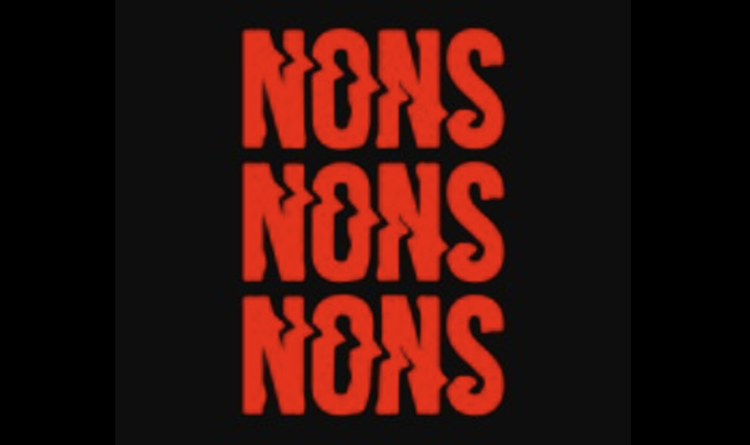A few months ago, my wife and I were driving into St. Louis and were about 10 miles away from downtown in a suburb on the Illinois side of the river. We drove by this large commercial building next to the interstate that had a fairly nondescript sign with a single word on it, “Ascend.”
She looked at me and said, “Is that a church?” I honestly had no idea. So, she Googled it. Guess what Ascend is? It’s a marijuana dispensary.
Illinois just legalized marijuana for recreational sale a few years ago and there are lots of new stores opening up all over the state. That’s the world we live in right now, not entirely sure if that new big warehouse by the highway is selling recreational drugs or preaching Jesus.
That little anecdote is indicative of a much bigger trend happening in American Christianity. The First United Methodist Church is out, Elevation is in. There are very few new Southern Baptist Church buildings springing up across the United States, but there are at a ton of Journey/Lift/Resolution churches being planted every week across the country.
Obviously, the rise of the Nones (the “religiously unaffiliated”) remains the biggest story in American religion right now, but the second most important shift in the landscape is the unmistakable rise of the Nons. The only religious family that has grown over the last decade is non-denominational Protestant Christianity. There’s little reason to believe that their ascendance will slow at any point in the near future. (See this 2022 Richard Ostling Memo for more information.)
If the future of American society is a shift away from institutions, there’s no bigger beneficiary of this trend in the religion space than non-denominational evangelicalism.
In 1972, less than 3% of all American adults indicated that they were non-denominational. That share has only risen from there.
In the 1970s and 1980s, the growth rate was undoubtedly small. It took until 1996 for the share of Americans who were non-denominational to surge past 5%. But from that point forward that line has only gotten steeper.
The Nons niche reached 7.5% of the population in 2004, then 10% of the sample by 2012. The most recent data says that nearly 13% of all adults in the United States are non-denominational Protestant Christians. There are more Nons in the U.S. today than mainline Protestants.










